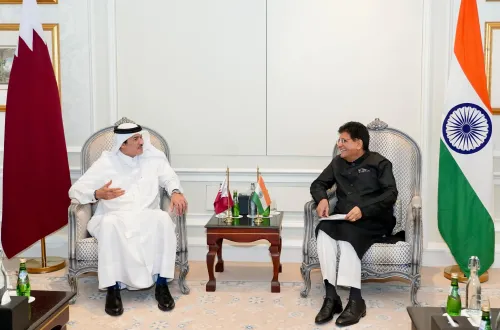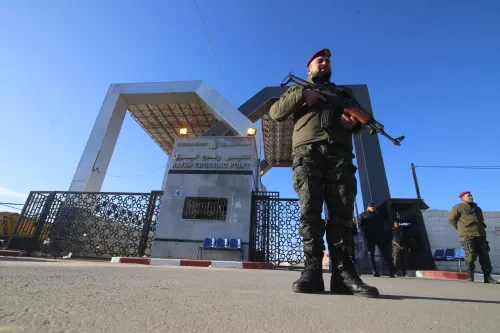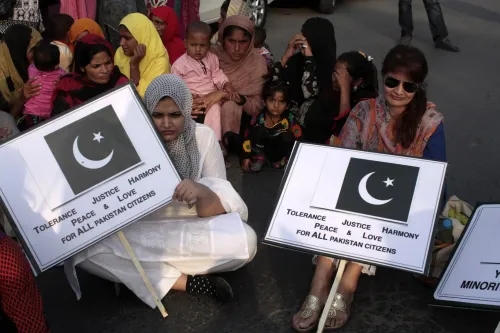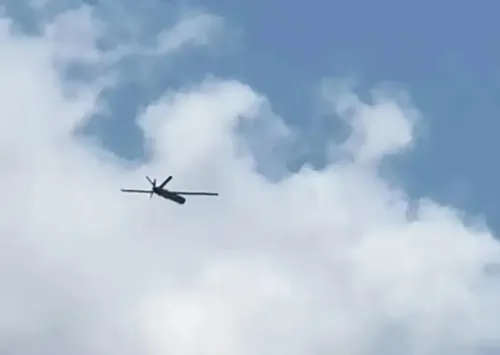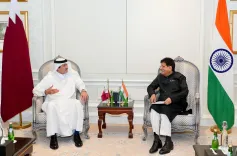What Did UN Chief Say About Ceasefire in Israel-Iran Conflict?
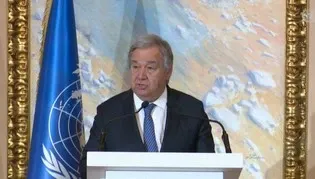
Synopsis
Key Takeaways
- UN calls for de-escalation of Israeli-Iranian conflict.
- Guterres highlights the risks of military escalation.
- Condemnation of attacks leading to civilian casualties.
- Emphasis on diplomacy as the key to resolving issues.
- Urgent appeal for adherence to international law.
United Nations, June 19 (NationPress) The UN Secretary-General, Antonio Guterres, has urgently called for a swift reduction in tensions surrounding the Israeli-Iranian conflict and advocates for a subsequent ceasefire. "I am deeply troubled by the escalating military actions in the Middle East between Israel and Iran. I once again urge for immediate de-escalation that can pave the way for a ceasefire," Guterres stated in a Wednesday announcement.
He expressed concerns about the potential expansion of the conflict to involve additional nations, as reported by Xinhua news agency.
"I earnestly urge everyone to prevent any further international involvement in the conflict. Any additional military actions could lead to severe ramifications, not only for the parties directly involved but for the entire region and global peace and security," he added.
Guterres condemned the attacks that have resulted in tragic and unnecessary civilian casualties, injuries, and damage to vital infrastructure.
He emphasized that diplomacy is the most effective and only viable solution to address concerns surrounding Iran's nuclear program and regional security challenges.
"The UN Charter serves as our collective framework to shield individuals from the horrors of war," he stated. "I call upon all UN member states to adhere strictly to the charter and international law, including humanitarian law."
In related developments, Effie Defrin, spokesman for the Israel Defense Forces (IDF), announced on Wednesday that the Israeli Air Force has initiated new strikes in western Iran.
Defrin reported that Israeli aircraft targeted launch and storage facilities for surface-to-surface missiles, aiming at operatives attempting to access and relocate munitions from previously hit sites.
This operation represents the third significant wave of Israeli airstrikes on Iran within a 24-hour period. The initial overnight mission involved over 50 fighter jets targeting around 40 locations near Tehran.
"Among the facilities hit was a centrifuge production site, crucial for the Iranian regime's uranium enrichment efforts," he noted, adding that another target overnight included a facility close to Tehran used for the production of anti-tank missiles, some intended for the Lebanese militant group Hezbollah.
The second wave of strikes commenced on Wednesday afternoon, resulting in over 20 additional targets in Tehran being struck.

